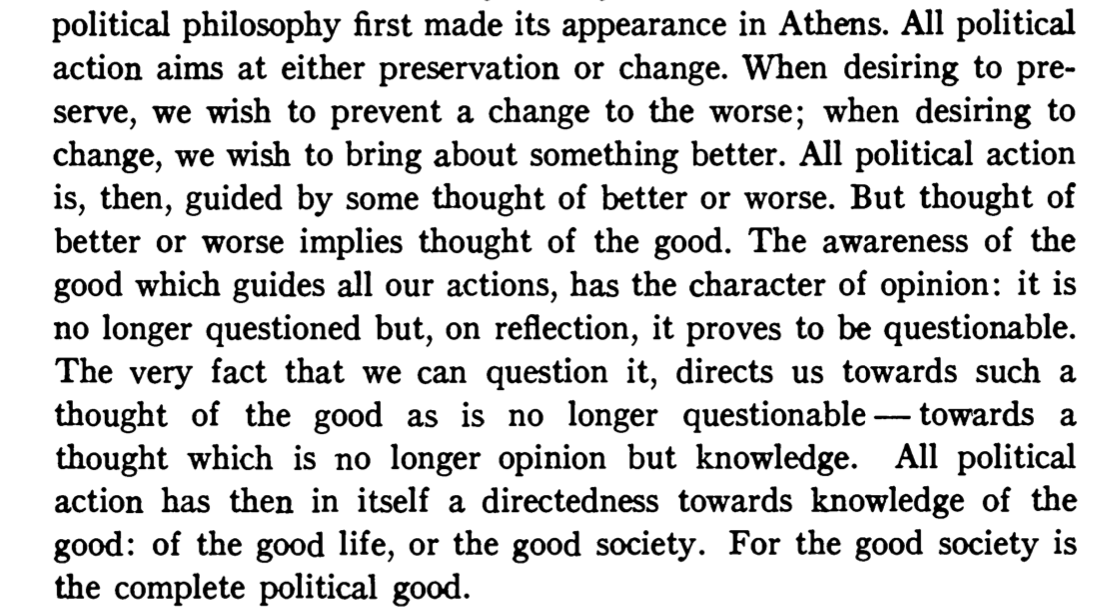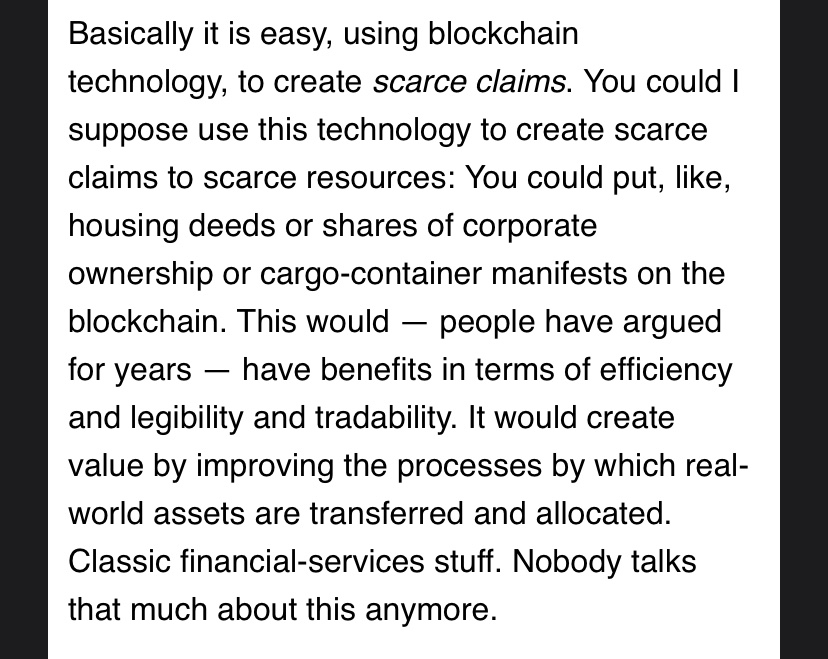
One way to think of the difference between philosophy and theology is to compare Simone Weil and Kant. (Thread)
For Kant, the universe/God is unknowable and that is all that can be said.
For Weil, not only is God unknowable to us, but we are unknowable to God.
For Kant, the universe/God is unknowable and that is all that can be said.
For Weil, not only is God unknowable to us, but we are unknowable to God.
How does Weil know that we are unknowable to God? Strictly speaking, she doesn't. But her poetic imagination/faith allows her to transcend her not knowing. She feels the noumenal realm to be knocking on our wall as much as we are knocking on its. 2/x
The theologian and philosopher here agree on the boundaries of knowledge. But they diverge in how they react to this boundary. For Weil, a boundary implies or conjures up a real sense of longing. For Kant, it is what it is. 3/x
If you hear a scratch on a wall, is it just an echo of your own projection (Kant) or is it the real scratch of an Other, reaching through the wall of its projection and yours, to reach you (Weil)?
Kant proves we can't know for sure. Weil insists that a lack of proof is not a proof of lack. 5/x
The same reality viewed from a faithful point of view has a different mood. The mood insisted on by faith is that of the primacy of relationship, no matter how broken or faint. 6/x
The Kantian point of view (and also the modern rationalist-cognitivist one, more generally) takes everything as a manifestation of the brain.
The Weilian one believes that relationship is primary. 7/x
The Weilian one believes that relationship is primary. 7/x
I'm with Weil. And fwiw, both Kant and Weil get us to existentialism. You don't have to be an egoist to be an existentialist. 8/x
Both also have a sense of responsibility. Functionally, there may not be a great divide. But temperamentally, the abyss is great. 9/x
Yet the recognition that relationship is primary is a great entree into faith. For while not everyone can get to the idea of God, everyone can get to the idea of a mother or father, or even just a caretaker or teacher, who inducted one into Being. 10/x
We still have this hinted at in notions like "Mother tongue" and "Father land" (abused as these terms have been). These terms intimate a universal sense that even if we live in a Matrix, it is a Matrix in which we are not alone. 11/x
Modern thinkers tend to agree that we live in a Matrix, but the voice of theology is the prayeful voice imagining that the Matrix is only for now. It is, in Buber's words, an "Eclipse of God." We might even risk saying that we are loved!
12/12
12/12
If you care to share or dunk, here's the top of the thread:
https://twitter.com/ZoharAtkins/status/1470548836577906692
• • •
Missing some Tweet in this thread? You can try to
force a refresh





